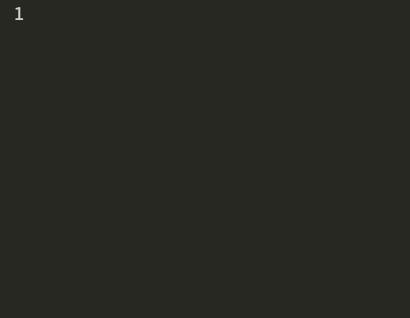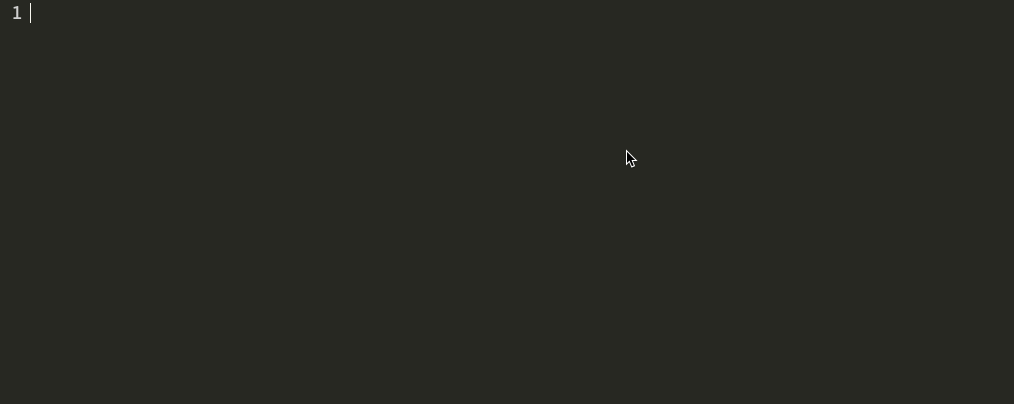
rpl for the future and past. An alternative to the node default
REPL (what you access when you just call node and can type in lines of code).
Install
npm install -g rpl
The main trick is that this supports time travel. You can instrument code calls by using special comments, and edit previous code, changing future values.

It also supports async instrumentation, since node is node.



;the binary
rpl [-b] [-o] [FILENAME]
^ ^ ^
| | |
| | | prefill the cli with the contents of a file
| |
| | -b open your browser to the page
|
| -b open a chrome app standalone window
getting started
rpl is a node module you install globally. When you run rpl, it starts
up a server at http://localhost:3000/, so you'll need to open your browser
to that page. From there you just type, and when you want to inspect a value,
add a comment to your source code like:
//=variableNameYou can also type expressions there, like:
//=Date()You can use require() just like you would elsewhere, and, like the node
REPL, require() calls become relative to the current working directory.
see also
rpl is the sibling of mistakes.io, something
that does something similar but in browsers instead of node and implicitly
instead of explicitly.